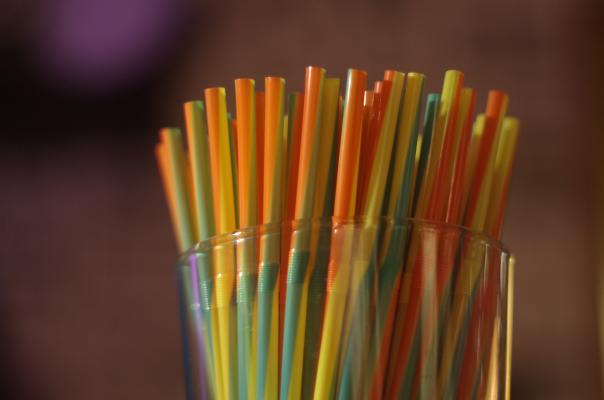
Certainly, a lot has changed since Blue Planet II hit the screens last year.
Talk of polluted oceans caused an outcry, which was discussed in parliament and resulted in a bid to ban plastic straws and could be considered to have fuelled the nationwide desire to wave goodbye to plastic.
In fact, parliament recently announced that both the House of Commons and House of Lords would be ditching plastic in favour of compostable alternatives provided by Vegware and will include cutlery, coffee cups and salad boxes.
It is becoming evident that the industry must continue to adapt in order to satisfy consumer demand for environmentally friendly practices, with a recent report suggesting that 93% of consumers think that plastic bottles should contain recycled content.
According to the Drinks Business, the UK hospitality industry had a turnover of 98bn in 2017, the size of the industry, along with its use of single-use plastic products, including straws and coffee cups, makes it one of the most influential sectors in the war against plastic waste and pollution.
The last straw
There has been a sharp increase in demand for plastic straw alternatives and many have used it as the first step forward as the industry begins to understand how introducing recyclable products can help operators and consumers produce less plastic waste.
It is suggested that using alternatives including paper straws or compostable straws, which should be disposed of with food waste in a bin designed for compostable material, and sent to industrial composting facilities licensed to take such items.
Wake up and smell the coffee
As well as the straw, coffee cups have also been identified as a difficult to recycle product due to the plastic lining which can take hundreds of years to break down.
The British coffee association estimated that Brits drink over 95million cups of coffee a day, so it is unsurprising that so many fragments end up in oceans and waterways.
To combat the problem, caterers could perhaps offer loyalty schemes to those who bring their own reusable coffee cups or offer recyclable packaging as a way operators can improve their waste management.
The perfect packaging
Compostable containers are becoming increasingly popular with operators as they begin to seek environmentally friendly methods of waste disposal.
The products can be put disposed with normal food waste and will break down in the same time, creating the perfect way of swapping plastic out.
The end result
With demand currently outweighing supply, Beacon purchasing company suggest that businesses should expect little wiggle room or price negotiations and be prepared to invest in products short term, but that will deliver benefits in the long term.
With consumers becoming more environmentally aware, operators should take into consideration the associated positive brand perception of adapting offerings, or the risks associated with not doing so.